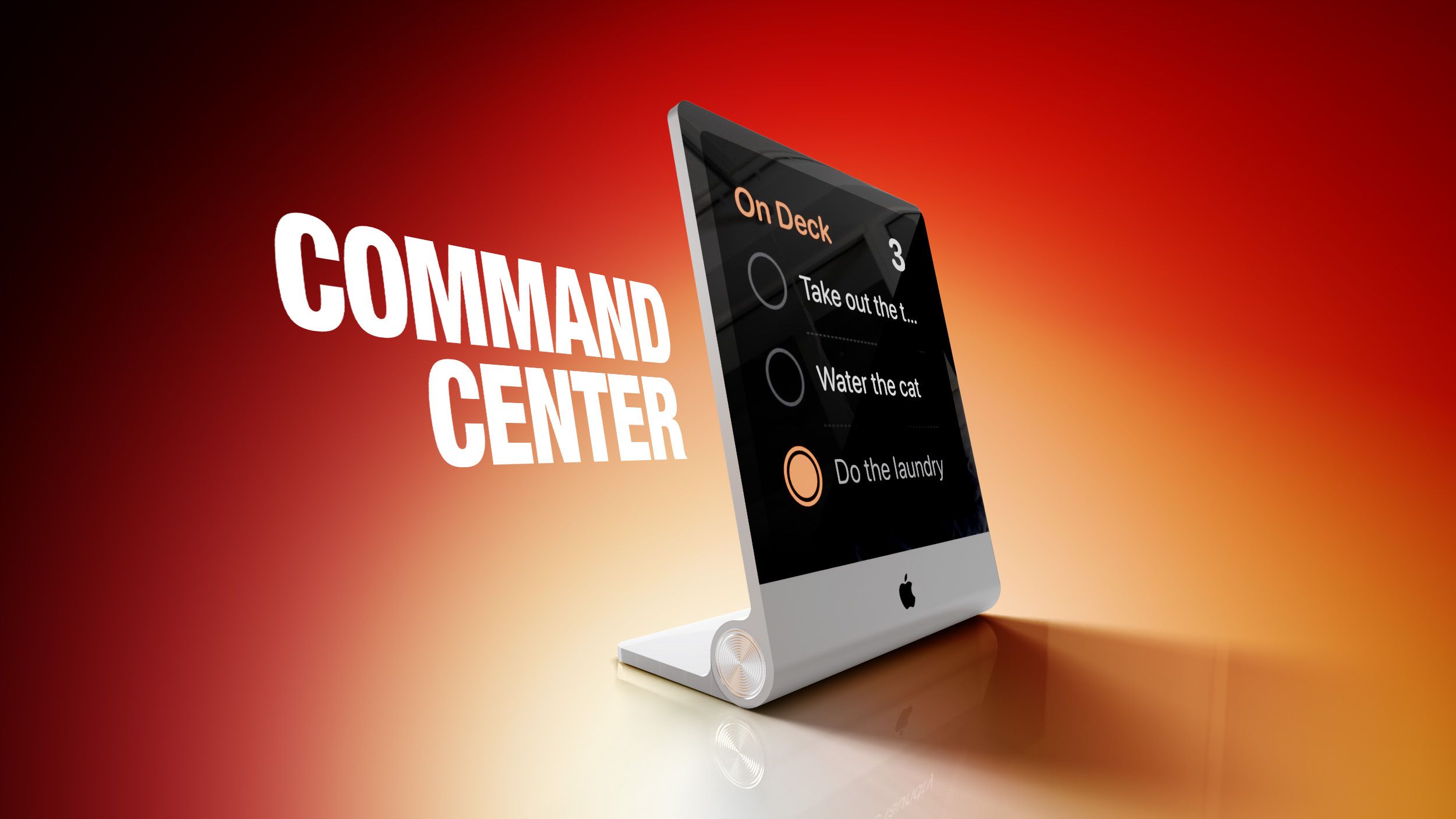Keeping it PX: How AI is Bringing Patient Experiences into the 21st Century
The healthcare industry is one of the fastest-evolving sectors when it comes to technological advancements and research breakthroughs. From innovative methods for administering treatments to the relentless pursuit of cures for life-threatening diseases like cancer, progress in healthcare aims to improve standards of care and healing for patients. While these achievements are monumental, they’re not […] The post Keeping it PX: How AI is Bringing Patient Experiences into the 21st Century appeared first on Unite.AI.


The healthcare industry is one of the fastest-evolving sectors when it comes to technological advancements and research breakthroughs. From innovative methods for administering treatments to the relentless pursuit of cures for life-threatening diseases like cancer, progress in healthcare aims to improve standards of care and healing for patients.
While these achievements are monumental, they’re not the only elements contributing to patient satisfaction. The medical care a patient receives is just one aspect of their overall journey. Equally important—but often overlooked—are the seemingly mundane interactions: scheduling appointments, handling billing, receiving test results, and following up on care.
This non-clinical side of healthcare, often lumped under the term patient experience (PX), plays a pivotal role in shaping how patients perceive their care. And thanks to advancements in artificial intelligence (AI), these interactions are catching up to the groundbreaking innovations seen in medicine today.
The High Cost of Communication Challenges
The reality of navigating healthcare systems can be incredibly stressful for patients. A study by the National Library of Medicine revealed that “appointment scheduling can cause anxiety for patients, especially in urgent or time-sensitive situations.” This finding highlights a fundamental truth: healthcare issues are often inherently stressful and demand immediate attention or resolution.
When patients face obstacles such as prolonged wait times, difficulty reaching a representative, or an inefficient scheduling process, their stress compounds. These moments of friction can turn an already difficult situation into a nightmare.
From the provider's perspective, convoluted scheduling processes don’t just harm PX—they can disrupt the quality of care. Physicians may fall behind or face disorganized schedules, ultimately reducing the confidence patients place in their providers. Unlike a typical bad customer experience (CX) that might result in a lost customer or negative review, poor PX can lead to much more severe consequences, including delays in critical care and worsened health outcomes.
One alarming statistic illustrates the depth of the problem: a whopping 61% of patients reportedly skip medical appointments due to scheduling issues. While self-scheduling tools are commonplace for industries like hospitality and retail, healthcare lags behind in adopting such systems. The primary challenge lies in implementing scheduling technology that meets stringent HIPAA requirements, operates seamlessly, and offers a user-friendly interface—something that is now within reach thanks to the advent of modern AI technologies.
Bringing Patient Communications into the 21st Century
Modernizing PX requires more than breakthroughs in medicine; it demands reimagining how patients engage with healthcare systems in their daily lives. AI has already demonstrated remarkable capabilities in the medical realm, from disease detection to drug development. However, its potential extends far beyond clinical applications.
AI is poised to transform the administrative and operational aspects of PX. A patient’s journey begins well before stepping through the hospital doors and continues long after. By leveraging AI tools, healthcare providers can:
- Support virtual care and self-service: AI-powered systems enable patients to manage their own care more efficiently, from scheduling appointments to accessing test results.
- Seamlessly integrate data: With the help of AI, electronic health records (EHRs) and patient management systems (PMS) can be better interconnected, creating a unified experience for both patients and providers.
- Streamline appointment management: Automated scheduling tools minimize human error, reduce wait times, and ensure appointments are aligned with provider availability.
- Maximize ROI: Reducing no-shows through AI reminders and scheduling insights not only improves patient care but also ensures a more predictable and efficient schedule for healthcare providers.
By addressing these operational pain points, AI allows medical professionals to spend more time focusing on what they do best—delivering quality care.
AI-Driven PX: A Holistic Approach
The healthcare industry’s AI breakthroughs in diagnostics and treatment planning have grabbed headlines, but it’s equally important to spotlight AI's ability to transform the operational and logistical elements of patient care. This is where the patient experience (PX) often falters. A truly holistic approach to PX recognizes that patients’ interactions with their healthcare providers extend beyond clinical visits—and that these touchpoints are ripe for AI-driven enhancement.
Patients today expect more control over their healthcare journeys. They want intuitive, user-friendly tools to handle routine tasks like booking appointments, checking test results, and paying bills. AI-powered platforms can meet these expectations better than siloed point solutions by offering personalized, real-time solutions that empower patients to manage their care on their own terms.
For example, AI agents and voice -based virtual assistants provide 24/7 access to critical services. Whether it’s answering questions about medication, reporting adverse effects, facilitating appointment rescheduling, or explaining post-care instructions, these tools are designed to provide immediate and accurate support. This not only improves convenience but also ensures that patients feel valued and heard, even outside traditional office hours.
While the patient-facing benefits of AI are significant, its impact behind the scenes is equally transformative. Administrative burdens, such as scheduling conflicts or incomplete medical records, often lead to frustration for both patients and providers. AI alleviates these challenges by automating routine tasks and ensuring data accuracy. AI-powered scheduling tools analyze multiple variables—including provider availability, patient preferences, and appointment urgency—to create an optimized schedule. This reduces the likelihood of double-booking or long waits, streamlining operations for clinics and hospitals alike.
In addition, AI facilitates seamless integration of electronic health records (EHRs) and patient management systems (PMS). By harmonizing disparate data sources, AI ensures that providers have access to a complete picture of a patient’s medical history at every touchpoint. This not only improves the quality of care but also builds patient trust, as they no longer need to repeat their history or worry about errors in their records.
The Future of Patient Experience
The role of AI in healthcare is evolving rapidly, and its influence on PX is just beginning to take shape. Its ability to optimize both patient-facing and behind-the-scenes processes positions it as a game-changer for PX. By addressing the logistical and administrative challenges that have long plagued the industry, AI is not merely improving convenience—it’s redefining the standards of care. Patients deserve an experience that matches the sophistication of the treatments they receive. With AI-powered scheduling, data integration, and virtual care solutions, healthcare organizations can provide a holistic and modernized PX that improves satisfaction, builds trust, and delivers better outcomes.
As we embrace these innovations, the industry moves closer to achieving a future where every aspect of patient care—not just the clinical—is elevated by technology. In this new era of healthcare, patients won’t just receive cutting-edge treatments; they’ll experience a seamless journey from start to finish. And that’s a breakthrough worth celebrating.
The post Keeping it PX: How AI is Bringing Patient Experiences into the 21st Century appeared first on Unite.AI.




































/cdn.vox-cdn.com/uploads/chorus_asset/file/24435316/STK150_Bing_AI_Chatbot_02.jpg)










![United Passenger’s Upgrade Mishap Sparks Seat Loss—Here’s the Critical Step to Avoid It [Roundup]](https://viewfromthewing.com/wp-content/uploads/2018/09/20170607_112204.jpg?#)



























